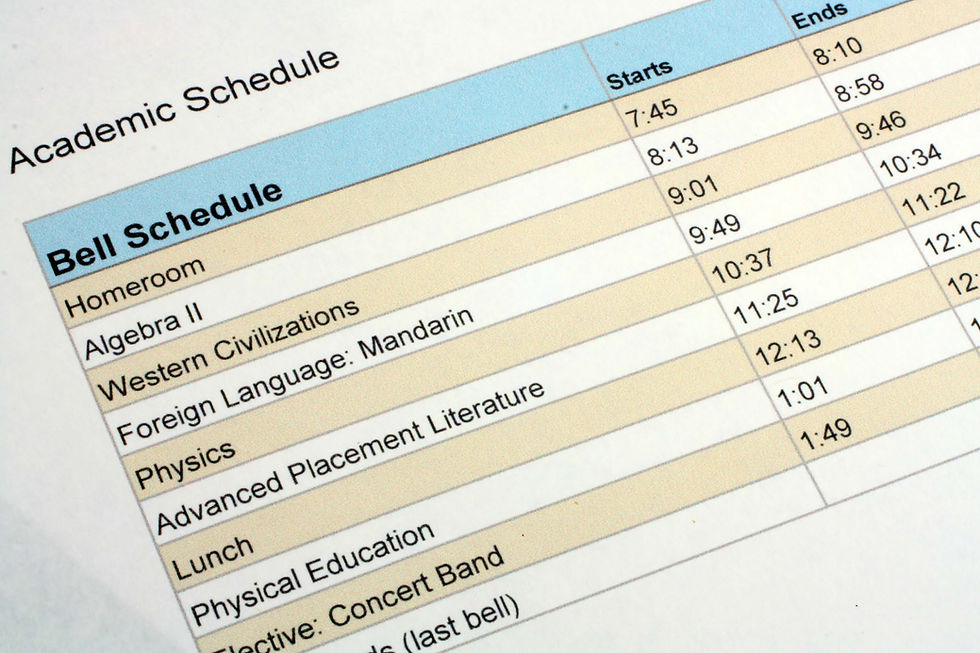Tips for navigating college websites
- Alison Merzel

- Oct 27, 2020
- 2 min read
College and university websites should be a primary source of information as you research schools and try to evaluate whether you are interested in further considering them as a potential option. However, these websites are designed for a variety of different audiences and it can be overwhelming to know where to look for the information you need. Typically, the home page and the pages dedicated to the admissions process are marketing tools for the college. These are written with prospective students and families in mind and are easier to digest than the pages designed for current students, staff, and faculty, for example.
Websites of large, public research universities can be particularly tricky to navigate because they offer so much content. When you land on a homepage of a school like this, either look for a tab that says "future student" or "prospective student":


Under these, you will find an entire section dedicated to future or prospective undergraduate students, for example.


Notice the majors category under both of these, for example. This is where you can read about academics as a prospective student if you don't want to navigate through the Academics section from the home page of the website. The majors section will help you understand which colleges and majors are available, what the curriculum looks like for the majors, whether there are study abroad opportunities associated with the majors, what kinds of academic and career support might be available for these majors, etc. These pages are specifically written for you and don't require you to hunting through all of the website's Academic section pages to find the ones that are relevant to prospective undergraduate students.
Some schools house all of their information for prospective students under an "Admissions" or "Admission & Aid" tab like here the third column here on Tulane's site:

At the admissions page below, you will notice that you can find everything you need to know - at the very top you will see a place to learn about how to visit or how to apply and then you will see the sections in the green bar that cover academics, student life, tuition, etc.

I have found that many of the liberal arts colleges have websites that are easier to navigate, as all of their information can be easily accessed from the home page. If you go to Denison's homepage, for example, and click the menu button at the upper right, you will arrive at this page where you will see all of the sections of interest to most prospective students - they are in bigger font.

Once you have read through the admissions pages, it can be helpful to dig deeper on the website to get answers to more unique or specific questions. If you are really interested in research opportunities in a particular academic department and want to learn more about the faculty who are engaging in research, you are likely going to be searching pages outside of the sections targeted at prospective students. Similarly, if you want to learn more about their COVID-19 protocols, diversity initiatives, health and wellness, support services, athletics, corporate relations, and more, you will be exploring the larger university website.
Happy researching!


